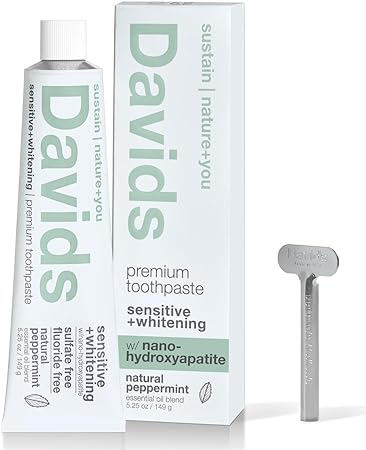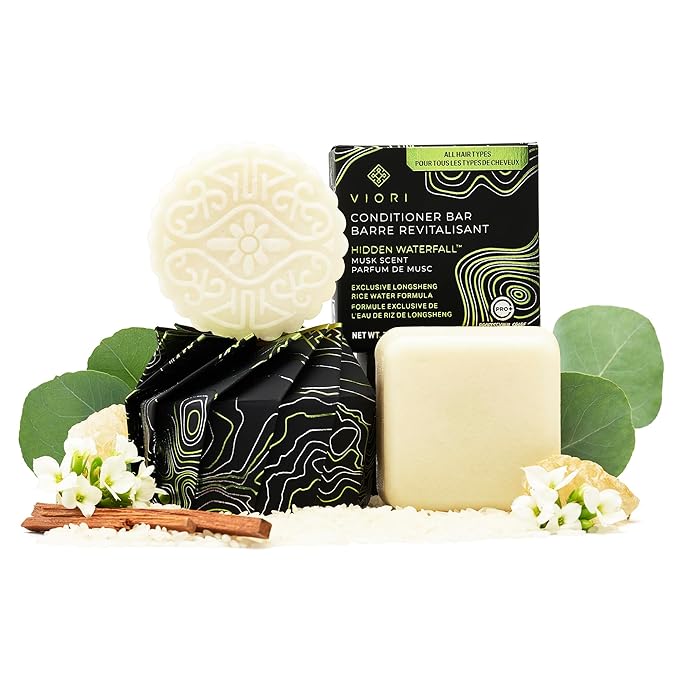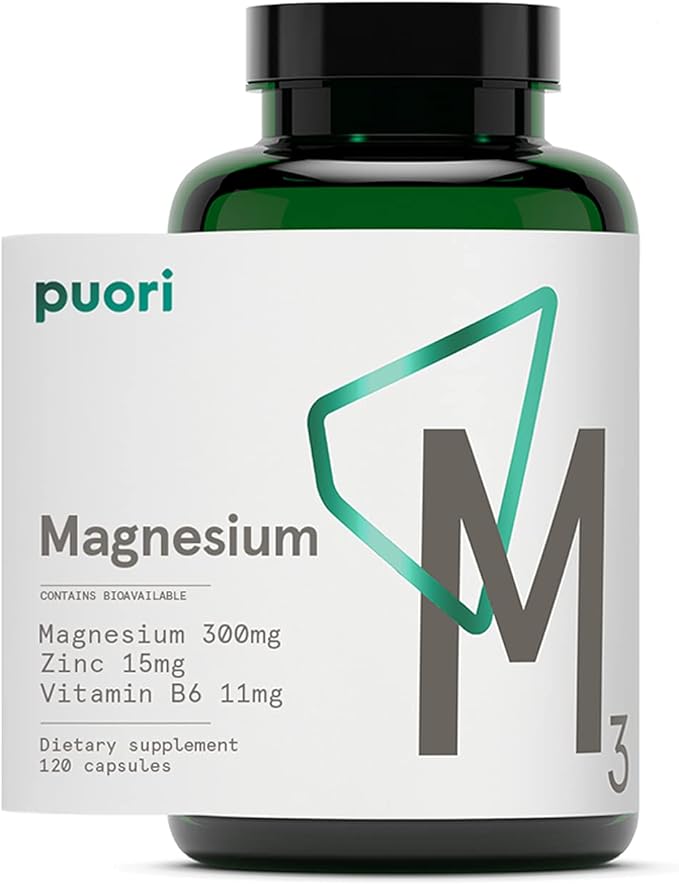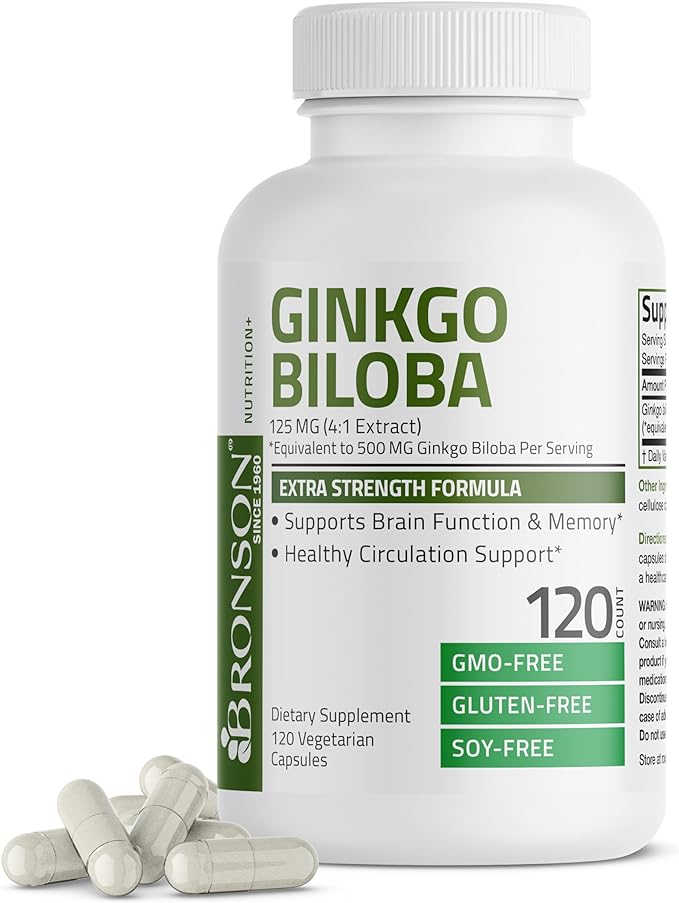List of Content.
Introduction:
Pineal Gland Activation: Enhancing Consciousness in a Green Way
The pineal gland, often referred to as the “third eye,” has long been associated with spiritual and metaphysical experiences. Located deep within the brain, this small endocrine gland produces melatonin, a hormone that regulates sleep and wakefulness and influences our circadian rhythm. Additionally, the pineal gland also plays a role in regulating reproductive hormones, aiding in the development of sexual maturation and fertility.
Over the years, concerns have emerged regarding the potential negative impact of fluoride and other toxins on the pineal gland’s function. In this
Pineal Gland Activation: Enhancing Consciousness in a Green Way blog post, we will explore the effects of these substances on the pineal gland, discuss sustainable and green practices to support its well-being, and delve into methods that may enhance consciousness.
Understanding the Pineal Gland:
The pineal gland plays a crucial role in regulating our circadian rhythms, sleep patterns, and overall well-being. Beyond its physiological functions, the pineal gland has captivated the attention of many spiritual and metaphysical enthusiasts.
In various ancient and esoteric traditions, the pineal gland is considered the seat of the soul and the gateway to higher consciousness. Some believe that activating and awakening the pineal gland can enhance intuition, psychic abilities, and spiritual experiences.
However, modern lifestyles and exposure to toxins may interfere with its optimal function.
The Interference of Toxins:
Fluoride, a commonly found substance in water supplies and oral hygiene products, has been linked to calcification of the pineal gland. Calcification refers to the accumulation of calcium deposits, which may hinder the gland’s ability to function properly. Other toxins, such as heavy metals and environmental pollutants, may also contribute to pineal gland dysfunction.
Promoting Sustainability and Green Practices:
To ensure a sustainable and green approach to supporting the pineal gland, we can adopt several practices:
1. Meditation and Mindfulness:
Regular meditation practices have been shown to activate the pineal gland and promote a greater sense of awareness and expanded consciousness. Set aside dedicated time each day to engage in meditation or mindfulness practices to support the overall well-being of your pineal gland.
Meditations book designed for specific situations or emotions. Paperback. 210 pages.
A Guide to Spiritual Enlightenment. Hardcover. 208 pages. #1 Best seller.
Meditation Sound Bowl. Hand Crafted in Nepal for Healing, Mindfulness, and Stress Relief.
White Sage, Palo Santo, Abalone & Stand, Smudge Feather & Guide
Singing Bowl Sounds for Yoga, Meditation, Mindfulness, Healing and Stress Relief.
Tibetan Floor Pillow. for Adults Meditation Gifts for Women, Men.
2. Organic Diet:
Choosing organic foods whenever possible can minimize exposure to pesticides, herbicides, and other chemicals that may negatively impact the pineal gland. Fresh fruits and vegetables, whole grains, and plant-based proteins are excellent choices to support overall health.
3. Natural Personal Care Products:
Switching to natural and fluoride-free toothpaste, shampoos, and body care products can reduce the accumulation of toxins in the body, including the pineal gland. Look for products without artificial fragrances, parabens, and sulfates.
Fluoride Free for Teeth Whitening with Natural Peppermint Flavor and Tea Tree Oil, Peroxide Free, Gluten Free, SLS Free. 4.8 out of 5 stars.
Antiplaque & Whitening in Peppermint Flavor. Helps remove surface stains for a brighter, whiter smile. 4.7 out of 5 stars.
Herbal, Variety Pack, Fights Plaque, Freshens Breath, Fluoride Free, No Artificial Flavors. 4.6 out of 5 stars.
Sensitive Relief & Teeth Whitening, Antiplaque, Fluoride Free, SLS Free, Peppermint. 4.5 out of 5 stars.
Fluoride Free Hemp. with Farm Grown Mint and Coconut Oil, Vegan, No Peroxide, 4.7 out of 5 stars
4. Mindful Consumption:
Minimizing the use of plastics and opting for sustainable packaging choices can contribute to a cleaner environment. This, in turn, reduces the potential exposure to harmful toxins that may affect the pineal gland’s function.
BPA Free, Organic Shampoo. NO Silicon, parabens, sulfate, SLS,artificial fragrances or dyes!
Grapefruit Oil for Growth and Shine. Normal Hair, Vegan and Cruelty Free, Zero Waste, Made in USA
Made with Rice Water for Hair Growth - Handcrafted Sulfate Free Shampoo and Conditioner.
Sulfate-Free, Phthalate-Free, Paraben-Free and Eco-Friendly. Shampoo Bar Holder and 2x Travel Tins included.
Boosting Pineal Gland Function Naturally:
Awaken XT
Based off a closely guarded formula that’s said to be able to supercharge your pineal gland, which could help open you up to being able to connect to the Universe, and potentially create unlimited wealth and abundance.
1. Meditation and Mindfulness:
Regular meditation practices have been shown to activate the pineal gland and promote a greater sense of awareness and expanded consciousness. Set aside dedicated time each day to engage in meditation or mindfulness practices to support the overall well-being of your pineal gland.
2. Sunlight Exposure:
The pineal gland is highly sensitive to light, particularly natural sunlight. Spend time outdoors each day, especially during the early morning or late afternoon when the sun is less intense. This exposure to natural light can help regulate the pineal gland’s production of melatonin and promote its overall health.
3. Sleep Hygiene:
Establishing a consistent sleep routine and creating a sleep-friendly environment can positively impact the pineal gland’s function. Aim for 7-9 hours of quality sleep each night, ensure a dark and quiet sleeping environment, and limit exposure to electronic devices before bed, as they emit blue light that can disrupt melatonin production.
Supports Sleep, Stress Relief, Calming, USDA Valerian Root, Sugar/Gluten Free, Vegan, Non-GMO,
Promotes a Good Night’s Sleep. Traditional Medicinals Organic Nighty Night.
100% Organic Sleep Aid for Restful Sleep Support | Alcohol - Free Melatonin Supplement.
Vegan Capsules for Sleep, Immune Support, Energy, Muscle Recovery, Relaxation
Chamomile/Passionflower Herbal Tea Blend, Support a Good Night's Sleep. Lavender, Licorice Root, Spearmint & Cardamom.
4. Herbal Support:
Certain herbs and supplements may have beneficial effects on the pineal gland. For example, ashwagandha, ginkgo biloba, and spirulina are believed to support pineal gland health and enhance consciousness. However, it’s essential to consult with a healthcare professional before incorporating any herbs or supplements into your routine.
Vegan Liquid Phyto Capsules - Stress Relief, Immune Support Supplement, Balanced Energy Levels and Mood ,
Supports Brain Function & Memory Support, Quality Vegan/Vegetarian Formula: Laboratory tested Non-GMO, Gluten-Free and Soy-Free.
100% Pure, Non-Irradiated, Mess-Free Wide Mouth Container, Fresh Smell and Neutral Taste, Vegan, Non-GMO, Gluten-Free.
Purely Inspired Organic Greens Powder Superfood, Unflavored
5. Dream Journaling:
Keeping a dream journal can help establish a stronger connection between the conscious mind and the subconscious realms. By recording and reflecting on your dreams, you can gain insights and potentially access higher levels of consciousness through the pineal gland’s activation during sleep.
Conclusion:
While concerns about fluoride and other toxins interfering with the pineal gland’s function exist, adopting sustainable and green practices can help minimize exposure to such substances. Combining these practices with natural methods like meditation, sunlight exposure, and maintaining a healthy sleep routine can contribute to the overall well-being of the pineal gland and potentially enhance consciousness levels. Remember, the journey towards higher consciousness is a personal and ongoing process, and nurturing the pineal gland is just one aspect of this transformative journey.





























